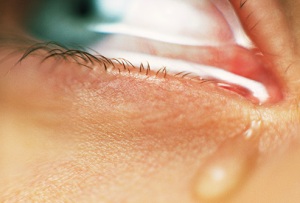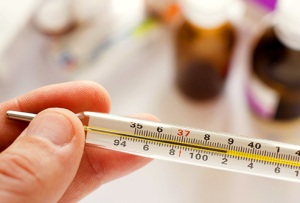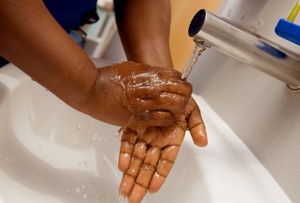What is Ebola?
Ebola is a deadly disease caused by a virus. There are five strains, and four of them can make people sick. After entering the body, it kills cells, making some of them explode. It wrecks the immune system, causes heavy bleeding inside the body, and damages almost every organ.
The virus is scary, but it’s also rare. You can get it only from direct contact with an infected person’s body fluids.
How do you get it?

You get Ebola from a person who has the virus, and only while he or she has symptoms. People pass it to others through their body fluids. Blood, stool, and vomit are the most infectious, but semen, urine, sweat, tears, and breast milk also carry it.
To get Ebola, you’d have to get these fluids in your mouth, nose, eyes, genitals, or a break in your skin. You could also pick it up from items that have fluids on them, like needles or sheets.
How You Won’t Get Ebola

You can’t get Ebola from casual contact, like sitting next to an infected person. Air, food, and water don’t carry the virus. But kissing or sharing food or a drink with someone who has Ebola could be a risk, since you might get his saliva in your mouth.
What are the symptoms?

It can take from 2 to 21 days, but usually 8 to 10 days, after infection for signs of Ebola to appear. Symptoms can seem like the flu at first — sudden fever, feeling tired, muscle pains, headache, and sore throat.
As the disease gets worse, it causes
Where is Ebola?

There have been 33 Ebola outbreaks since 1976, but the 2014 outbreak in West Africa is by far the largest. The virus has infected thousands of people and killed more than half of them. It started in Guinea and spread to Sierra Leone, Liberia, and Nigeria. A man who had traveled to the U.S. from Africa died of Ebola in October.
World Health Organization raised the death toll attributed to the Ebola outbreak. The Geneva-based U.N. agency said that 4,033 confirmed, probable or suspected Ebola deaths have now been recorded.
Is There a Vaccine for Ebola?
There is no approved medicine or vaccine to treat or prevent Ebola. Scientists have tested some drugs on animals, which seemed to work. But they haven’t studied how the medications affect humans. Researchers are also studying two new vaccines that could prevent Ebola, but they still need to test them in more people to see if they’re safe and if they work.
Treatment

Since there aren’t any drugs to fight the virus, health care teams treat the person’s symptoms and offer basic support care. They:
- Keep the person hydrated with fluids through an IV.
- Give oxygen.
- Maintain their blood pressure.
- Treat any other infections they have.
- ZMapp, the experimental treatment rushed to two Americans infected with Ebola in Africa, is grown in specially modified leaves of tobacco — a plant better known for harming health than healing is proven to be effective in saving lives of people infected with Ebola
A person’s survival depends on how well his immune system works. The sooner he gets medical care, the better the chances he’ll recover.
How Can I Prevent It?

The best way to avoid Ebola is to stay away from areas where the virus is common. If you are in an outbreak area:
- Avoid infected people, their body fluids, and the bodies of anyone who has died from the disease.
- Avoid contact with wild animals, like bats and monkeys, and their meat.
- Wash your hands often.
Reference: Google Search



